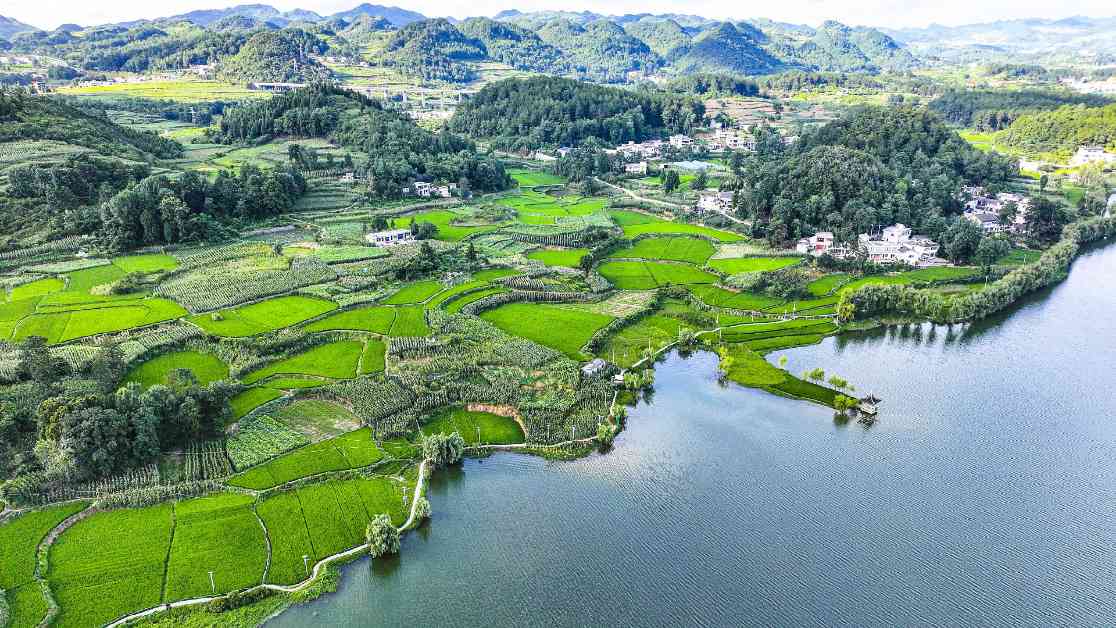China’s National Development and Reform Commission (NDRC) has outlined key tasks for ecological conservation in the country, emphasizing the importance of advancing reform in this area. The deputy head of the commission, Zhao Chenxin, highlighted these tasks at an event held in Sanming, Fujian Province, to commemorate National Ecology Day.
Commitment to Green, Low-Carbon, and High-Quality Development
The NDRC is committed to promoting green, low-carbon, and high-quality development as part of its efforts to conserve the ecological environment. Zhao Chenxin stated that the commission will work towards achieving carbon peak by 2030 and carbon neutrality by 2060. These goals align with China’s broader commitment to reducing carbon emissions and combating climate change.
Implementation of Supportive Policies
In order to support green and low-carbon development, the NDRC will implement a range of fiscal, tax, financial, investment, and pricing policies. These policies are designed to incentivize businesses and individuals to adopt environmentally-friendly practices and technologies. By providing financial support and establishing standards, the commission aims to facilitate the transition towards a more sustainable economy.
International Cooperation in Green Development
Recognizing the global nature of environmental challenges, the NDRC is also focused on strengthening international cooperation in green and low-carbon development. This includes sharing advanced technologies, products, standards, and business models with other countries. By actively participating in global climate governance, China hopes to contribute to the collective effort to address climate change on a global scale.
The NDRC is also committed to refining mechanisms for valuing ecosystem goods and services, implementing comprehensive compensation for ecological conservation, and improving trans-regional compensation mechanisms. These initiatives are aimed at ensuring that the economic value of ecosystem services is recognized and that those who contribute to conservation efforts are appropriately rewarded.
In addition to domestic efforts, the NDRC will deepen international cooperation on the circular economy. This involves promoting the export of advanced technologies and products related to green and low-carbon development. By sharing expertise and resources with other countries, China seeks to foster a more sustainable approach to economic growth and resource management.
Last year, the Chinese legislature designated August 15 as National Ecology Day to raise public awareness and encourage action to protect the environment. This initiative reflects the government’s commitment to prioritizing ecological conservation and sustainability in its policy agenda.
In conclusion, the NDRC’s focus on ecological conservation and green development highlights China’s commitment to addressing environmental challenges and promoting sustainable growth. By implementing supportive policies, fostering international cooperation, and raising public awareness, the country aims to build a greener, more resilient future for all.

















